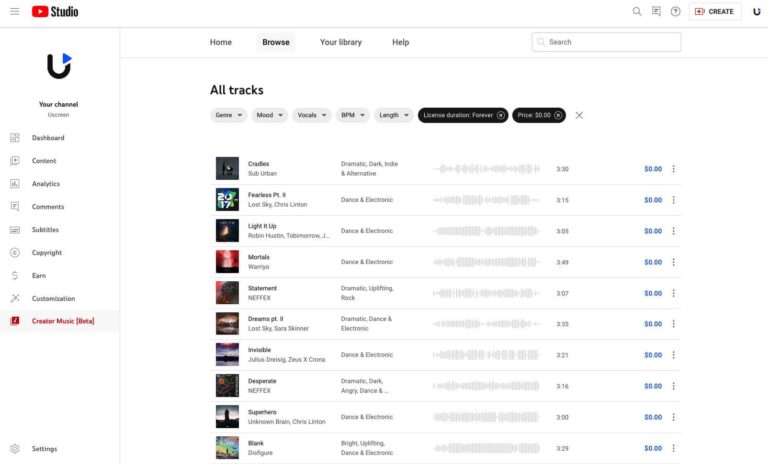GabonŌĆÖs Political Shift: Former President Ali Bongo Ondimba Relocates to Angola Amidst Turmoil
In a dramatic development, Ali Bongo Ondimba, the former president of Gabon, along with his family, has relocated to Angola following a military coup that removed him from power in August 2023. This upheaval signals a critical turning point for Gabon as it confronts political instability and uncertainty about its future governance. The longstanding influence of the Bongo family in Gabon’s political arena now faces an unprecedented challenge. This article explores the latest updates on Ali BongoŌĆÖs exile and examines what this means for Gabonese society and regional stability.
Gabon at a Crossroads: The Departure of Ali Bongo and Its Broader Implications
The exit of former President Ali Bongo Ondimba to Angola marks the conclusion of an era that began with his inauguration in October 2009. His tenure was marked by ambitious economic projects aimed at modernizing GabonŌĆÖs infrastructure but also marred by allegations of corruption and authoritarian governance. As the nation reels from recent electoral disputes culminating in last yearŌĆÖs coup, observers are keenly watching how this leadership vacuum will reshape Gabon’s political environment.
This transition carries multifaceted consequences beyond politics:
- Leadership Gap: With no clear successor within the ruling party, internal competition may intensify among elites seeking control.
- Civic Expectations: Citizens increasingly demand transparency and equitable economic policies amid persistent social inequalities.
- Diplomatic Repercussions: Shifts in leadership could recalibrate Gabon’s foreign relations, particularly with African neighbors and international partners invested in regional stability.
| Significant Milestones | Date |
|---|---|
| Bongo’s Presidential Inauguration | October 2009 |
| Controversial Presidential Election & Protests | August 2016 |
| Coup dŌĆÖ├®tat Overthrows Government | August 2023 |
| Bongo Family Relocates to Angola | September 2023 |
The Political Fallout: How Bongo’s Exit Reshapes Power Dynamics in Gabon
The departure of one of AfricaŌĆÖs longest-serving presidential families leaves a significant void within Gabon’s political framework. Historically dominated by the ruling Gabonese Democratic Party (PDG), this sudden absence is likely to trigger intense jockeying for influence among various factions both inside and outside government circles.
A few key trends are anticipated as new actors emerge on the scene:
- Energized Opposition Movements: Rival parties may leverage this moment to galvanize support around calls for democratic reforms.
- Turf Battles Within Ruling Elites: Competing groups within PDG could fragment further as they vie for dominance amid uncertainty.
- Diplomatic Realignments: New leadership might pursue different foreign policy priorities affecting trade agreements and security partnerships across Central Africa.
The impact will vary regionally; some provinces might witness heightened activism while others risk falling prey to ethnic or local factionalism as community leaders attempt to fill governance gaps. Such divisions threaten national unity at a time when social cohesion is paramount for peaceful progress across diverse populations.[1]
Navigating Uncertainty: Strategic Priorities for Emerging Leadership
The current transitional phase demands decisive action from those steering Gabon’s future course. To stabilize the country after years under one dominant family ruleŌĆöand recent violent disruptionsŌĆögovernment officials must focus on restoring public confidence through transparent administration coupled with inclusive policymaking processes.
A collaborative approach involving international organizations such as the African Union (AU) can facilitate dialogue between competing factions while promoting peaceful resolution mechanisms.
Key areas requiring immediate attention include:
- Pursuing credible elections that reflect popular will;
- Cultivating economic recovery programs emphasizing job creation especially among youth;
- Sustaining efforts toward national reconciliation through open forums engaging civil society groups;
An actionable roadmap could help coordinate these efforts effectively:
| Goal | Proposed Initiative |
|---|---|
| Political Stability
< td >Create multi-stakeholder platforms fostering dialogue between government officials, opposition leaders, and community representatives. > > >< tr > >< td >Economic Revitalization > >< td > Support entrepreneurship initiatives targeting small- and medium-sized enterprises (SMEs) especially those led by women. > > >< tr > >< td >Social Unity > >< td > Promote nationwide dialogues incorporating diverse ethnic groups aiming at healing historical grievances. > > |
A Path Forward: What Lies Ahead For Gabon?
The relocation of former President Ali Bongo Ondimba signals not only an end but also opens possibilities for transformation within one of Central Africa’s most resource-rich nations. While uncertainties persist regarding who will ultimately lead or how swiftly reforms can be implemented, there is cautious optimism that new governance structures may emerge reflecting broader societal aspirations rather than entrenched dynastic control.
The global community remains attentive; neighboring countries like Cameroon and Equatorial Guinea have expressed interest in supporting peace initiatives given their vested interest in regional stability. Meanwhile, Angola’s role hosting exiled members adds another layer influencing diplomatic interactions moving forward.[2]
This pivotal moment offers both challengesŌĆösuch as preventing fragmentationŌĆöand opportunitiesŌĆöto build more inclusive institutions capable of addressing long-standing issues like wealth inequality and limited civic participation.
Ultimately,a successful transition depends heavily on collaborative leadership committed to transparency, socioeconomic development, and respect for democratic principles.







